Whether we like it or not, childhood trauma plays a part in our future relationships. Maybe you grew up seeing your dad hit your mom, and now you find yourself in one abusive relationship after another, either as the abuser or the victim. Or maybe money was tight growing up, and now you feel extremely guilty when you buy yourself something nice- even if it’s every once in a while. The fact of the matter is the things that shaped our childhood go on to influence our adulthoods if we do not heal from the situation. Someone once told me that the universe will keep sending you the same lesson until you learn it.
I have a friend who is in a constant cycle of getting to know men who eventually disappoint her and fall short of her expectations. She’s constantly begging to be loved the way she deserves to be loved, and searching for closure when they fall short. Which, in turn, makes me question how she was nurtured as a child. Who poured into her? Who made her feel validated and enough on her own? Were these things she did not get as a child? We also have to take into account the messages the media bombards us with. Little girls are constantly told that their goals in life should be to marry and have kids, while little boys are not fed this same message. So when those children become adults, men are able to be their authentic selves with no pressure, while women feel constantly incomplete if there is no man to confirm her worth.
The tricky part is undoing our conditioning. It’s one thing to recognize that it is there, and another completely to put it the work that’s required to heal. And that process is ugly. It requires a lot of self-reflection, and a lot of honesty on our parts. What about our lives do we want to change? How are we going to have functional, healthy relationships when we had no examples of such growing up?
Take a moment to think about what traits you developed in childhood that have shaped you today. Many people whose needs were not met, be those food, shelter, or having neglectful parents, often times experience trust issues in their adult relationships. Those same people may be unwilling to accept help, or struggle admitting when they need it. These are toxic, unhealthy ways of coping that once served a purpose, but are not useful in a healthy environment.
Unpacking childhood trauma is an ugly, necessary step towards having healthy relationships. If we never unpack where we first learned unhealthiness, then how can we expect to not carry the same negative behaviors and perceptions into our relationships?
In order to thrive in our relationships, we must commit to unlearning the toxicity that is holding us back.




